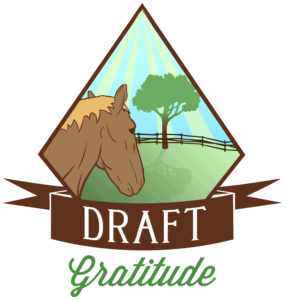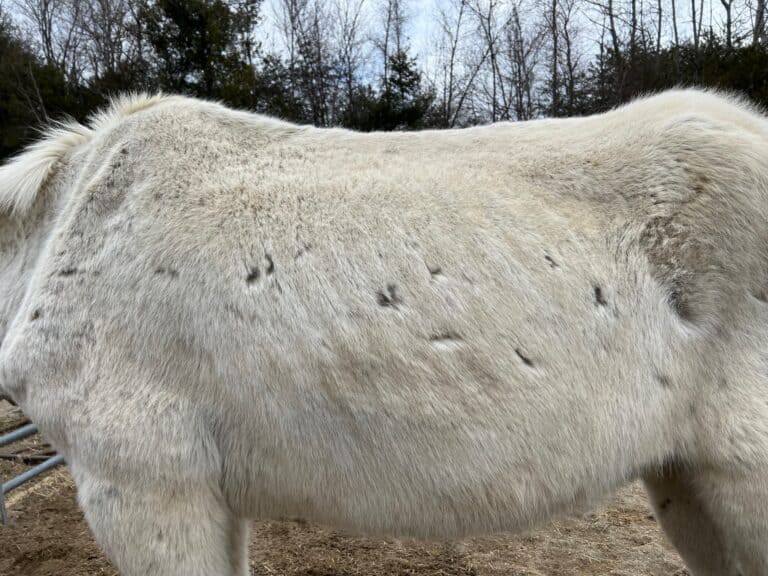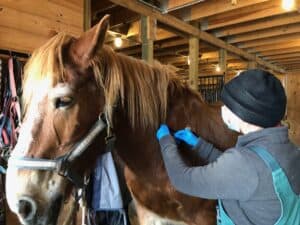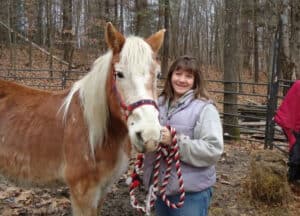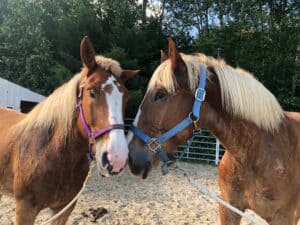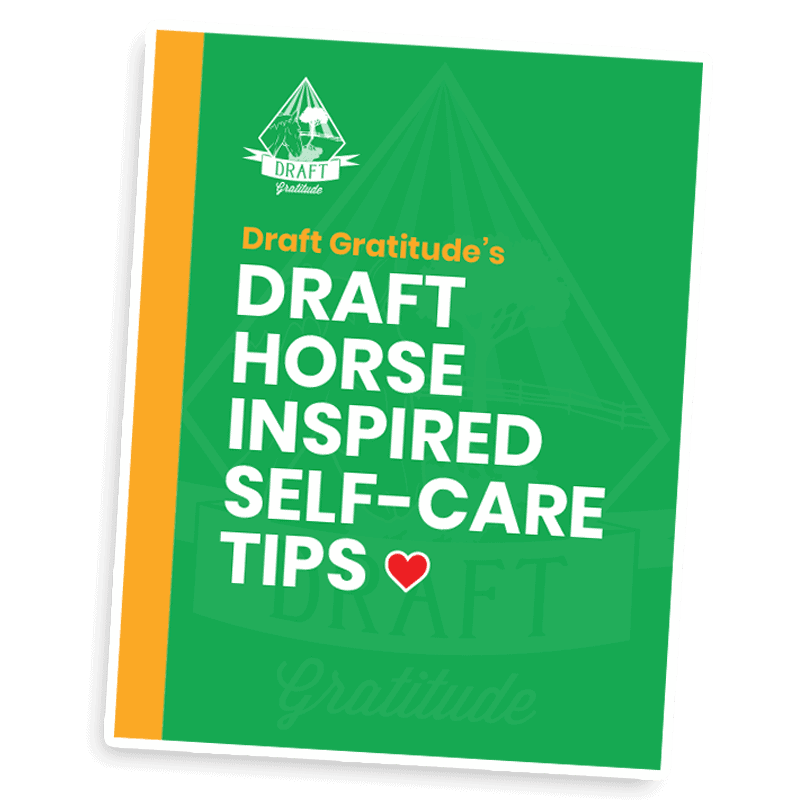Visitors always want to know… Where do the horses come from?
Here is my standard answer: Most come directly off working farms. Occasionally we grab some from auctions. In our earlier years we had a few come from “kill-pens”. We have taken some as owner-surrenders. And on a few occasions we have helped our state veterinarian’s office with neglect cases.
Since our mission is to help senior working horses, we work to build relationships in farm communities. Senior horses are replaced with younger horses when they can no longer keep up with the workload. When farms are ready to change horses, we want them to call us first before sending the old horse to the closest auction or dealer.
Keeping a horse out of an auction reduces stress on the horse, and also reduces the exposure to infectious diseases. We also aren’t paying more money for a middle man or an auction barn.
Helping draft horses that are closer to us allows us to save more lives within our means. Less stress, more lives saved. Win-win.
But here is another reason why we work so hard to grab horses directly off-farms:
When horses are sold at auctions or to dealers, they are tossed together in holding pens. This creates a pen full of stressed horses, hungry horses, tired horses, lame horses, sick horses, and scared horses.
Horses will always determine a pecking order. The weaker horses get bossed around by the stronger horses. Horses get bit, they get kicked, and they may not be “allowed” to get to the hay.
Here are pictures of Winston’s sides a few days after he arrived:
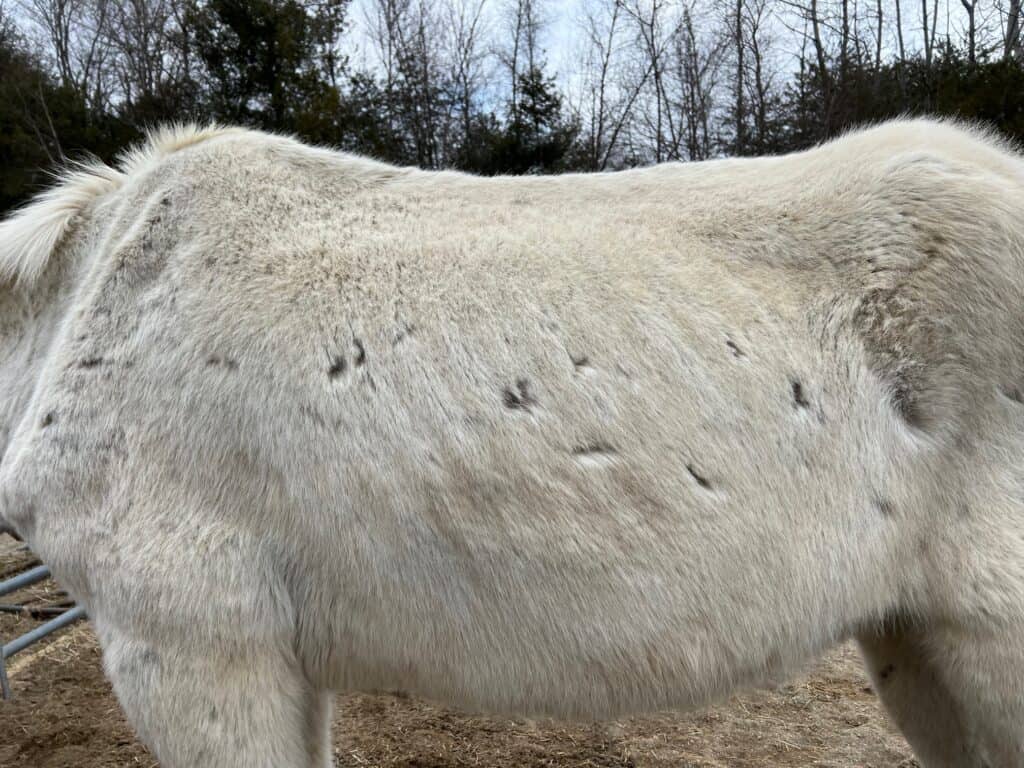

In the first picture you can see several bite marks. In the second picture you can see a distinct hoof mark from being kicked.
It sucks. Not only are they already displaced from the home they knew (good or bad), but now they are getting beat up and having to fight for food.
Helping a senior horse avoid that experience just makes sense. Stretching our our funds further and preventing sickness makes sense too.
Thank you for making a difference to these big guys. We can’t do it without you.
